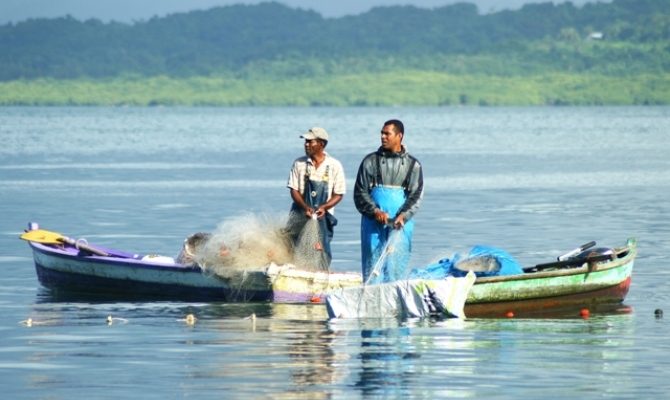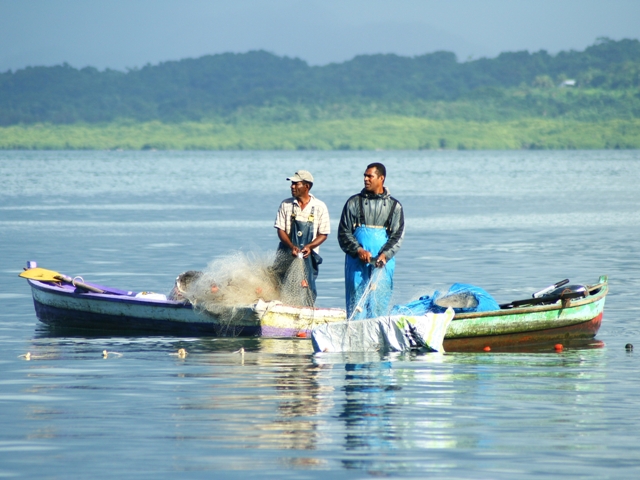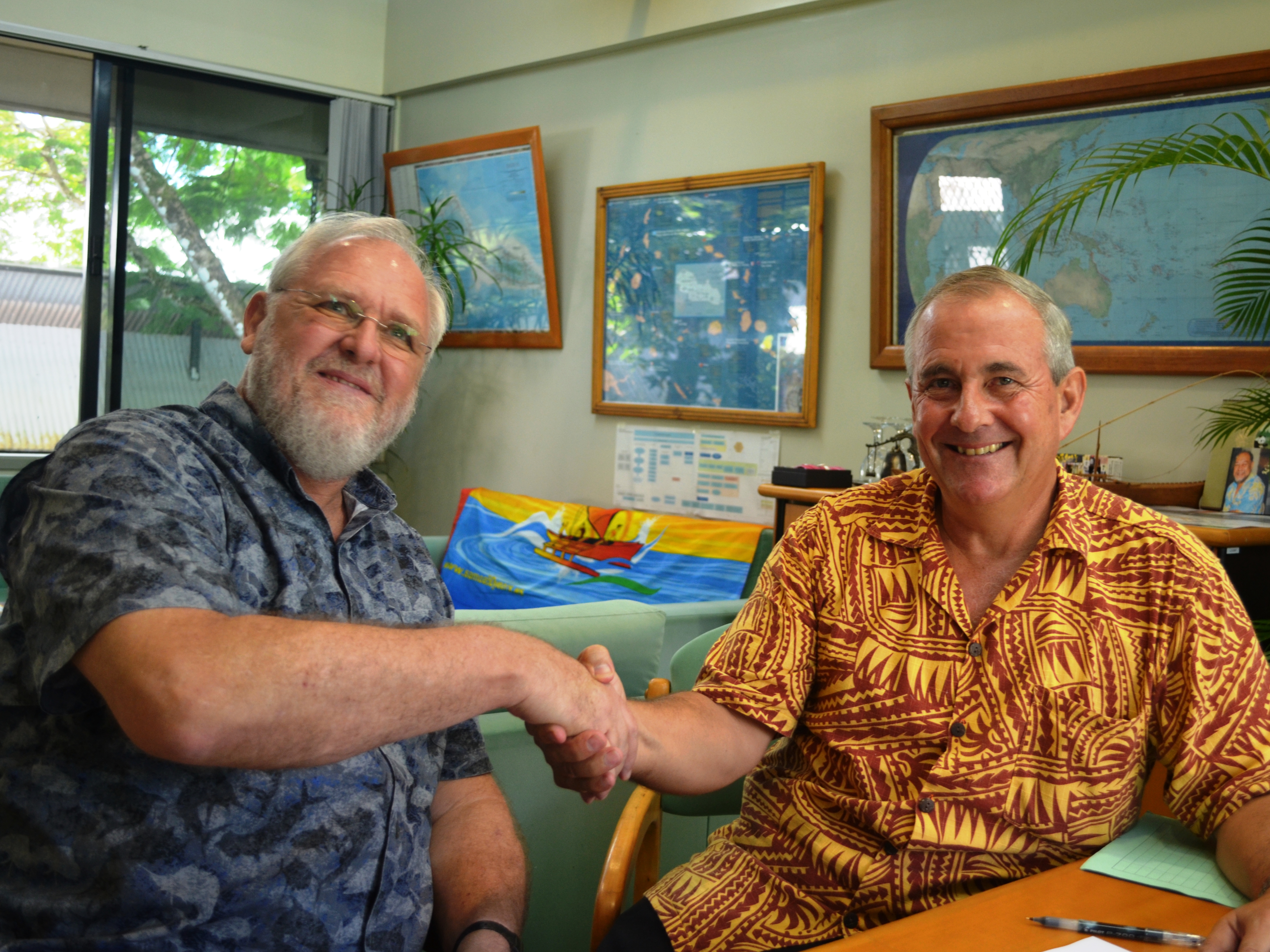

Natural resources in marine and coastal areas are of crucial economic importance for Pacific Island countries, sustaining the livelihoods of the regions coastal communities and providing a wide range of values and stable income for future generations, as long as they are well-managed.
Therefore conserving marine and coastal biodiversity for the benefit of current and future generations is the key objective of a new 10.6 million USD project funded by the German Federal Ministry for the Environment, Nature Conservation and Nuclear Safety (BMU) to assist the Fiji, Kiribati, the Solomon Islands, Tonga and Vanuatu to meet their 2020 targets in the framework of the strategic plan for the implementation of the UN Convention on Biological Diversity.
The Secretariat of the Pacific Regional Environment Programme (SPREP) is partnering with the International Union for the Conservation of Nature (IUCN) and the German Agency for International Cooperation (GIZ) to carry out the new regional project on Marine and Coastal Biodiversity Management in Pacific Island Countries and Atolls (MACBIO).

The project will undertake economic valuations of marine and coastal ecosystems in the five project countries in order to contribute to national development planning. MACBIO also aims to support current efforts to extend national Marine Protected Area networks through seascape-level planning and promoting effective approaches protected area management, including the recognition of locally managed marine areas and community-based conservation efforts through payments for ecosystem services.
"We trust that this project will support and strengthen government commitments towards a range of important marine and coastal initiatives in the region. It brings us one step closer to achieving our vision of a Pacific environment that sustains our livelihoods and natural heritage in harmony with our cultures," said David Sheppard, the Director-General of SPREP at the signing of the project implementation agreement.
Karl P. Kirsch-Jung, GIZ Project Director, underlined that the combined area of the Exclusive Economic Zones of the five project nations covers 7,560,000km2 in total, an area that is 21 times the size of Germany. The combination of traditional management practices with the latest scientific findings addressing current threats including overfishing and habitat destruction will improve the food security of coastal communities and enhance long-term income opportunities in Pacific Island countries."